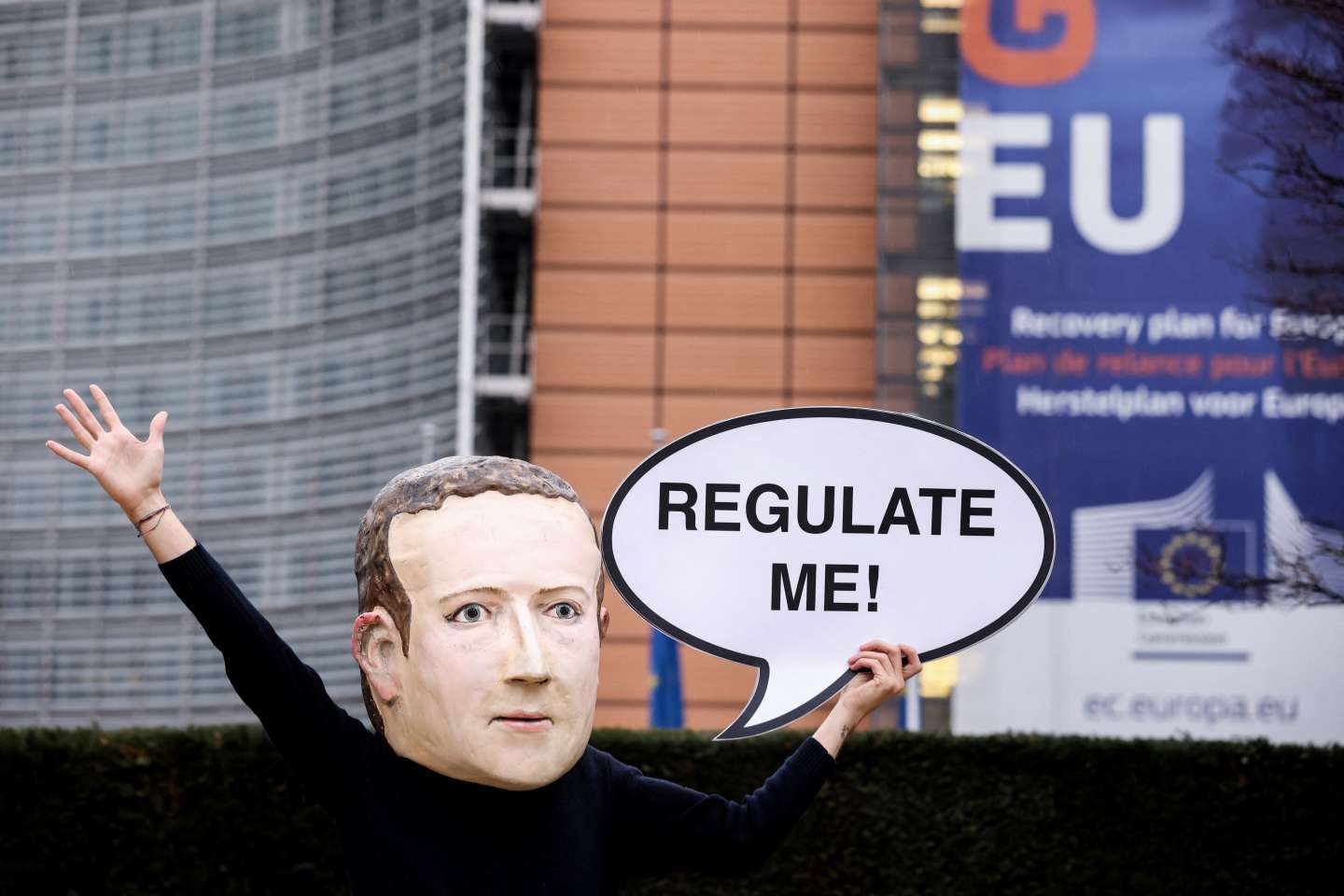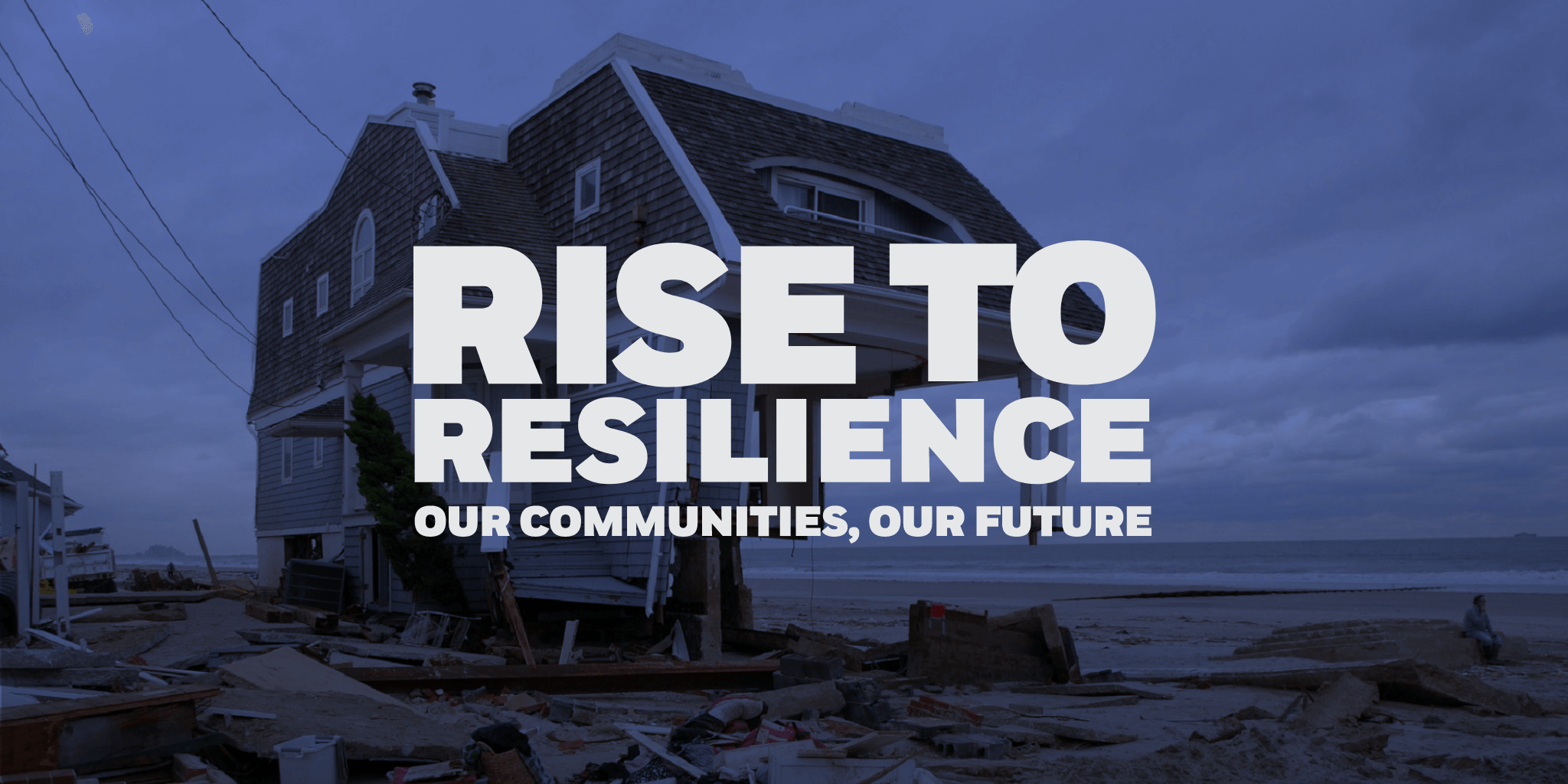In a world where the internet seems as interconnected as a ball of yarn in a kitten's paws, the European Union has stepped up to the plate with its new "Digital Services Act." But wait, is this just a friendly attempt to rein in tech giants, or are we witnessing the birth of a global censorship guru? Let's dive into the rabbit hole of regulations and see if Europe's got some new tricks up its sleeve.
In an era where the internet has transformed into a global arena, enabling individuals from all corners of the world to access and share an abundance of information, it comes as no surprise that both governments and global entities are eager to exercise control over the discourse—to shape what is spoken and heard, all in the name of their vested interests.
As of early 2022, utilizing the guise of 'covid' as a convenient pretext, the EU Commission introduced the "Digital Services Act" (DSA), marking a significant shift in regulatory control.
Revolutionizing Digital Platforms
Since August 25 of the current year, the Digital Services Act has cast its influence over the 19 major digital platforms within Europe, fostering a transformation in their operational landscape.
Peering Behind the Curtain: Unveiling the True Intentions
Although the Digital Services Act was initially portrayed as a tool to curb the dominance of social media conglomerates, its core purpose extends beyond this portrayal. The Act primarily empowers the EU to establish a legal precedent compelling tech giants to adhere to the EU's censorship standards—even if these corporations are headquartered outside of Europe. Essentially, the objective is to impose the European framework of online expression onto the entire Western sphere. This endeavor disregards national borders and constitutional safeguards, mirroring China's infamous "Great Firewall."
A Wider Spectrum of Control
The EU's strategy diverges in its ambition to regulate not only speech within Europe's boundaries but also to extend its dominion to speech originating from non-European realms. This aspect adds an extraordinary layer of uniqueness to the EU's approach. It signifies that information and discourse among individuals beyond Europe's borders could be branded as a menace to their ideological orientation and serve as grounds for imposing penalties on entire websites.
Demystifying the Disinformation Code of 2022
Central to the EU's narrative is the Disinformation Code of 2022, encompassing a comprehensive collection of 44 "Commitments." Several of these Commitments are further dissected into specific "Measures." Upon subscribing, a company delineates its chosen Commitments and Measures. A closer look at Twitter's subscription document from June 2022 unveils commitments such as "curtailing the dissemination of disinformation and misinformation," "preventing the exploitation of advertising systems for propagating misleading information or disinformation," and "strengthening policies to tackle both misinformation and disinformation."
Deciding the Boundaries of "Disinformation"
The pivotal question emerges—by whose decree is "disinformation" defined? The answer lies in the hands of an anonymous cadre of unelected bureaucrats stationed thousands of miles away from Twitter's headquarters. Navigating through the labyrinth of the Digital Services Act's requirements without stifling the resurgence of open discourse on platforms like Twitter presents a complex challenge for figures such as Musk. In principle, the surge of flagging agents, hailing from places such as Germany, can now target tweets that do not align with their preferences in the United States, leading to deletions of posts or suspension and banning of accounts, irrespective of the factual accuracy of the shared information.
Challenging the Notion of "Disinformation"
The EU's definition of "hate speech" and "disinformation" stems from an ideology entrenched in far-left principles and extremism rather than being rooted in well-defined and rational guidelines. What today's progressives find permissible could metamorphose into tomorrow's banned content. Conforming to their regulations equates to relinquishing any semblance of an open environment. The European realm lacks the privilege of unrestricted speech.
Support My Journey 
If you’ve enjoyed this article, please consider donating! I’m saving up to buy a used car to keep my travels (and stories) rolling. Every little bit helps — and is deeply appreciated. GoGetFunding


